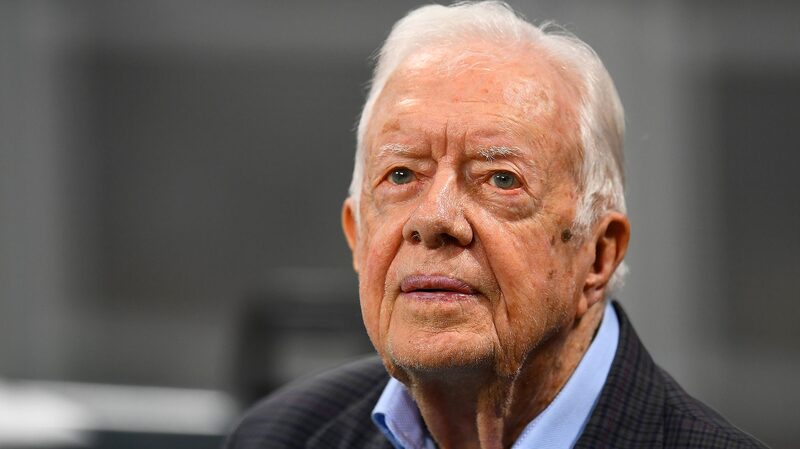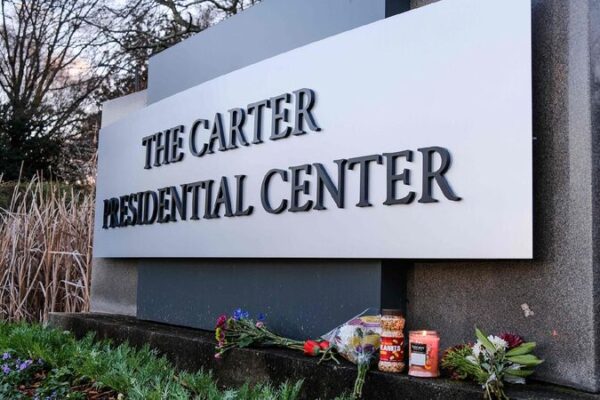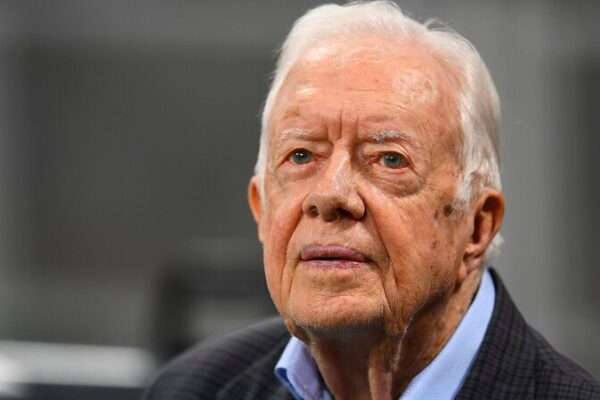From Peanut Farmer to President
Jimmy Carter, the 39th president of the United States, rose from humble beginnings as a peanut farmer in Plains, Georgia. Born on October 1, 1924, he graduated from the U.S. Naval Academy in 1946 and served in the nuclear submarine program before returning home to manage his family’s business.
A Focus on Human Rights and Peace
Elected as a centrist Democrat in 1976, Carter’s presidency from 1977 to 1981 was marked by a strong commitment to human rights and diplomacy. He brokered the historic Camp David Accords in 1978, leading to the Egypt-Israel peace treaty—the first of its kind between Israel and an Arab country. Carter also worked to transfer control of the Panama Canal back to Panama and established full diplomatic relations between the U.S. and China.
Challenges at Home
Despite his foreign policy achievements, Carter faced significant domestic challenges. The country grappled with double-digit inflation, high interest rates, and soaring gas prices. The Iran hostage crisis, which began in 1979 when militants took over the U.S. embassy in Tehran, overshadowed his presidency and affected his re-election bid.
Life After the White House
After leaving office, Carter and his wife Rosalynn returned to their modest two-bedroom house in Plains. Together, they dedicated themselves to humanitarian work through the Carter Center, focusing on peace initiatives, health programs, and promoting democracy worldwide. Carter was a vocal advocate for human rights and was awarded the Nobel Peace Prize in 2002 for his ongoing efforts.
A Lasting Legacy
Carter was an early proponent of environmental conservation and renewable energy, famously installing solar panels on the White House in 1979. His modest lifestyle and dedication to service have inspired many, embodying the values of humility and compassion. As he once acknowledged, “I can’t deny I’m a better ex-president than I was a president.”
Reference(s):
Obituary: Jimmy Carter, a modest president with a rich legacy
cgtn.com








